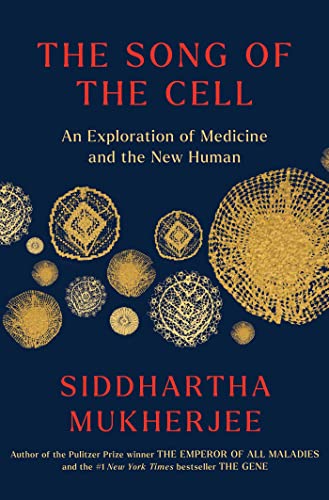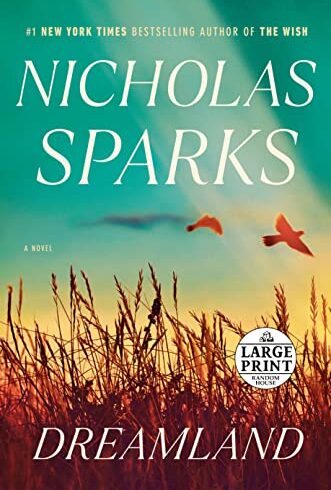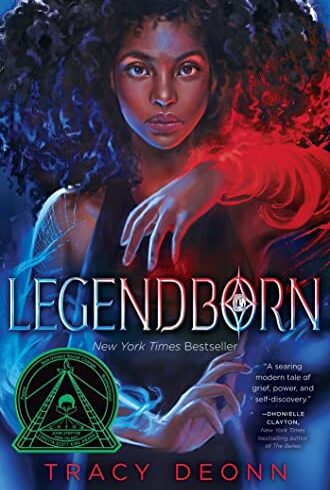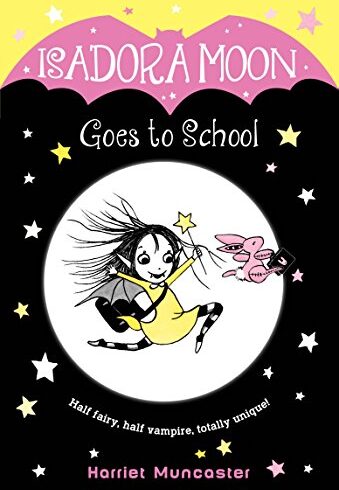Description
Winner of the 2023 PROSE Award for Excellence in Biological and Life Sciences! Named a New York Times Notable Book and a Best Book of the Year by The Economist , Oprah Daily, BookPage, Book Riot, the New York Public Library, and more! In The Song of the Cell , the extraordinary author of the Pulitzer Prize-winning The Emperor of All Maladies and the #1 New York Times bestseller The Gene “blends cutting-edge research, impeccable scholarship, intrepid reporting, and gorgeous prose into an encyclopedic study that reads like a literary page-turner” ( Oprah Daily ). Mukherjee begins this magnificent story in the late 1600s, when a distinguished English polymath, Robert Hooke, and an eccentric Dutch cloth-merchant, Antonie van Leeuwenhoek looked down their handmade microscopes. What they saw introduced a radical concept that swept through biology and medicine, touching virtually every aspect of the two sciences, and altering both forever. It was the fact that complex living organisms are assemblages of tiny, self-contained, self-regulating units. Our organs, our physiology, our selves—hearts, blood, brains—are built from these compartments. Hooke christened them “ cells. ” The discovery of cells—and the reframing of the human body as a cellular ecosystem—announced the birth of a new kind of medicine based on the therapeutic manipulations of cells. A hip fracture, a cardiac arrest, Alzheimer’s dementia, AIDS, pneumonia, lung cancer, kidney failure, arthritis, COVID pneumonia—all could be reconceived as the results of cells, or systems of cells, functioning abnormally. And all could be perceived as loci of cellular therapies. Filled with writing so vivid, lucid, and suspenseful that complex science becomes thrilling, The Song of the Cell tells the story of how scientists discovered cells, began to understand them, and are now using that knowledge to create new humans. Told in six parts, and laced with Mukherjee’s own experience as a researcher, a doctor, and a prolific reader, The Song of the Cell is both panoramic and intimate—a masterpiece on what it means to be human. “In an account both lyrical and capacious, Mukherjee takes us through an evolution of human understanding: from the seventeenth-century discovery that humans are made up of cells to our cutting-edge technologies for manipulating and deploying cells for therapeutic purposes” ( The New Yorker).



















Michael Macijeski –
If you love the mysteries of cutting edge science, you may enjoy this book. Mukherjee recounts key historic advances in our knowledge of cells, up to our current place: on the threshold of potentially life-changing breakthroughs. He calls them “new humans:” cured and perhaps enhanced by our burgeoning capabilities. But we still haven’t learned “the song of the cell,” Mukherjee claims–how they communicate and do the wondrous things that keep us alive.
Young man from Bengal –
Having read and enjoyed the authors past two books (The Emperor of all Maladies and The Gene), I eagerly awaited his most recent book, The Song of the Cell. The book doesn’t disappoint. For many of us who studied biology in high school, this book covers a lot of familiar terrain. But this isn’t a textbook. Mukherjee possesses a storyteller’s instinct, and the book moves forward propelled by a cast of characters straight out of a Dicken’s novel., Staring from the Dutch trader Leeuwenhoek peering into his crude microscope to examine the tiny organisms in drain water to the eccentric German physician Rudolf Virchow who’s free thinking led to the advancement of cellular medicine, the book is replete with amazing scientists whose curiosity and thirst for knowledge has made these wondrous breakthroughs in medicine possible. Reading this book, one realizes how much we take for granted. How complicated the human body is and how magical its operation. Also noteworthy are the thousands of unsung scientists who for years have toiled away (and continue to toil) on lab-benches to enable all the many discoveries that make our present lives so much easier., Culling stories from his personal and professional life, Mukherjee weaves his tale deftly while explaining complex concepts of cell biology with verve and clarity. The dude clearly loves his subject matter!, My biggest quibble with this book is the lack of clear illustrations. There are some, but they are not particularly helpful. I still can’t figure out where the damn Gremlin cells are located – somewhere in the bones – can you?, Towards the end of the book, Mukherjee touches on Homeostasis, the ability of the human body to reset itself to “factory settings”. This January 2023, the average temperature in New York City has been 10 degrees above normal. The warmest January on record. Our planet is running a fever, and alas mankind has screwed up the planet’s homeostatic functions. I hope for humanity’s sake, there are a band of motivated citizens who help us reset the planet’s systems back to its “factory settings”. Reading “The Song of the Cell” would be a good place to start!
Florian Puschmann –
I loved reading this tour de force of Cellular medicine and its development. While this book is written in a way that it can be read without any scientific background, scientist certainly will enjoy it. I very much enjoyed both the personal anecdotes as well as the backstories of many discoveries and scientists in this book.
william naide –
This book deals with the many wonders of the human cell., Parts of this book are hard to understand for someone who doesn’t have a, background knowledge of the cell.
extra –
The Emperor of All Maladies was entrancing while also being educational. The Gene was even better. And Song of the Cell rivals them both. Eminently understandable to those not expert in the science or the technology. I await his next.